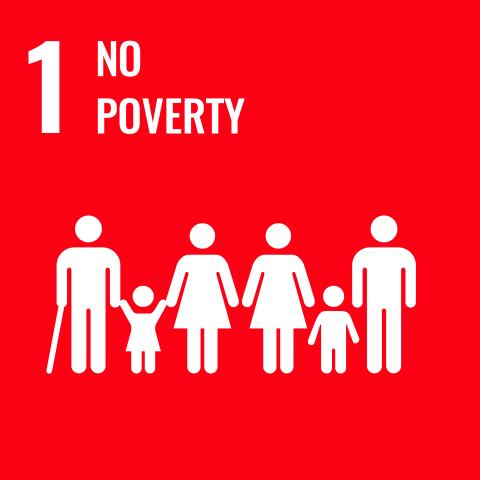
Public and private financing advance gender equality through gender responsive financing policies, strategies and instruments.

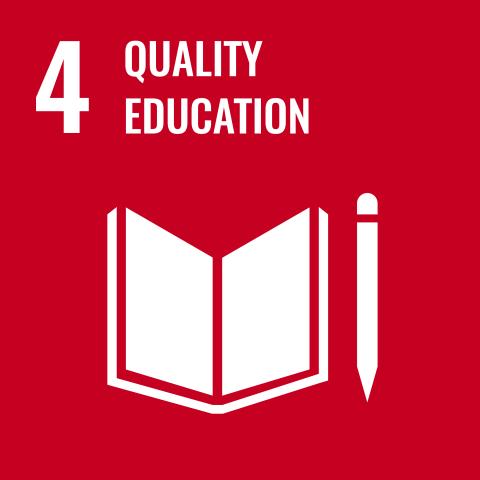
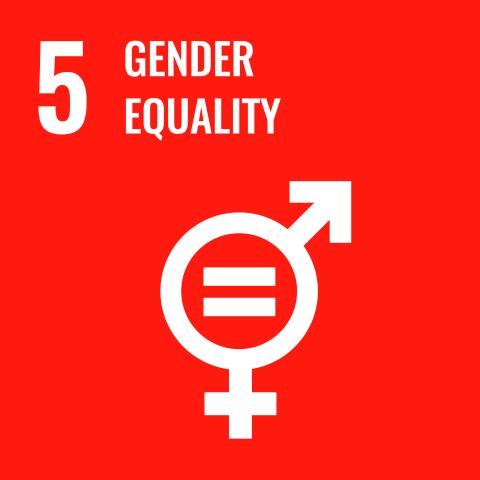
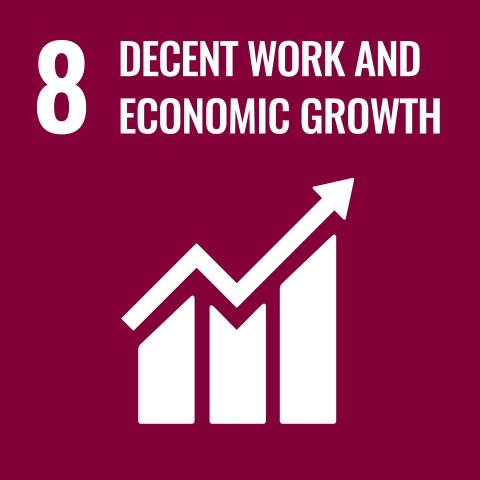
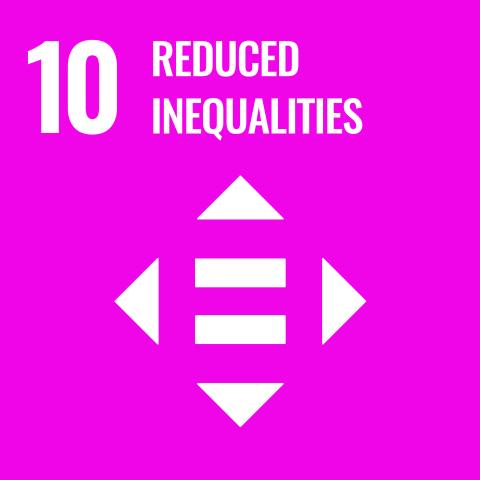
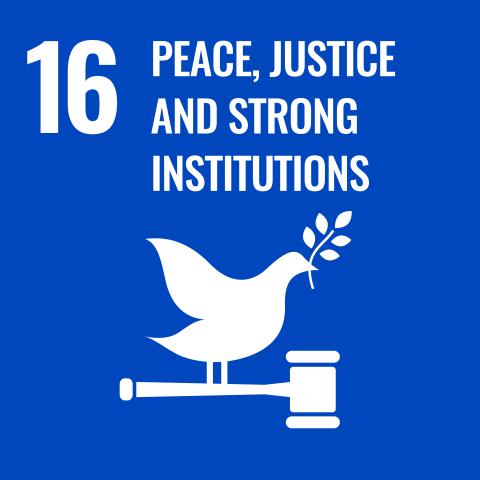
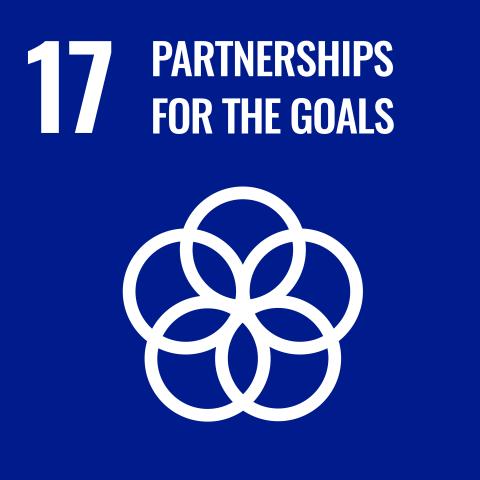

 level Generation Equality Africa Regional Meeting concludes with strong commitments on financing for gender equality image" />
level Generation Equality Africa Regional Meeting concludes with strong commitments on financing for gender equality image" />

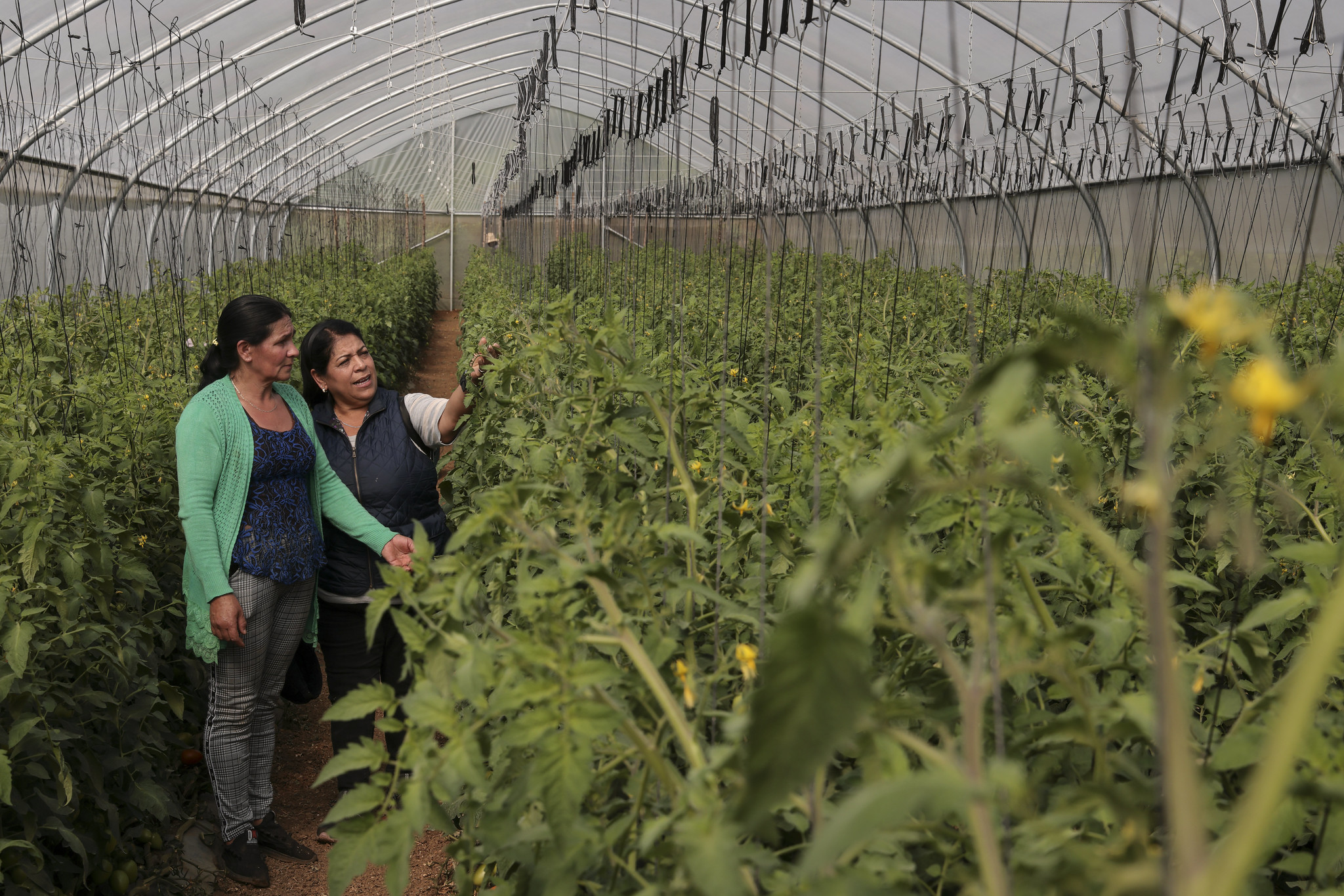
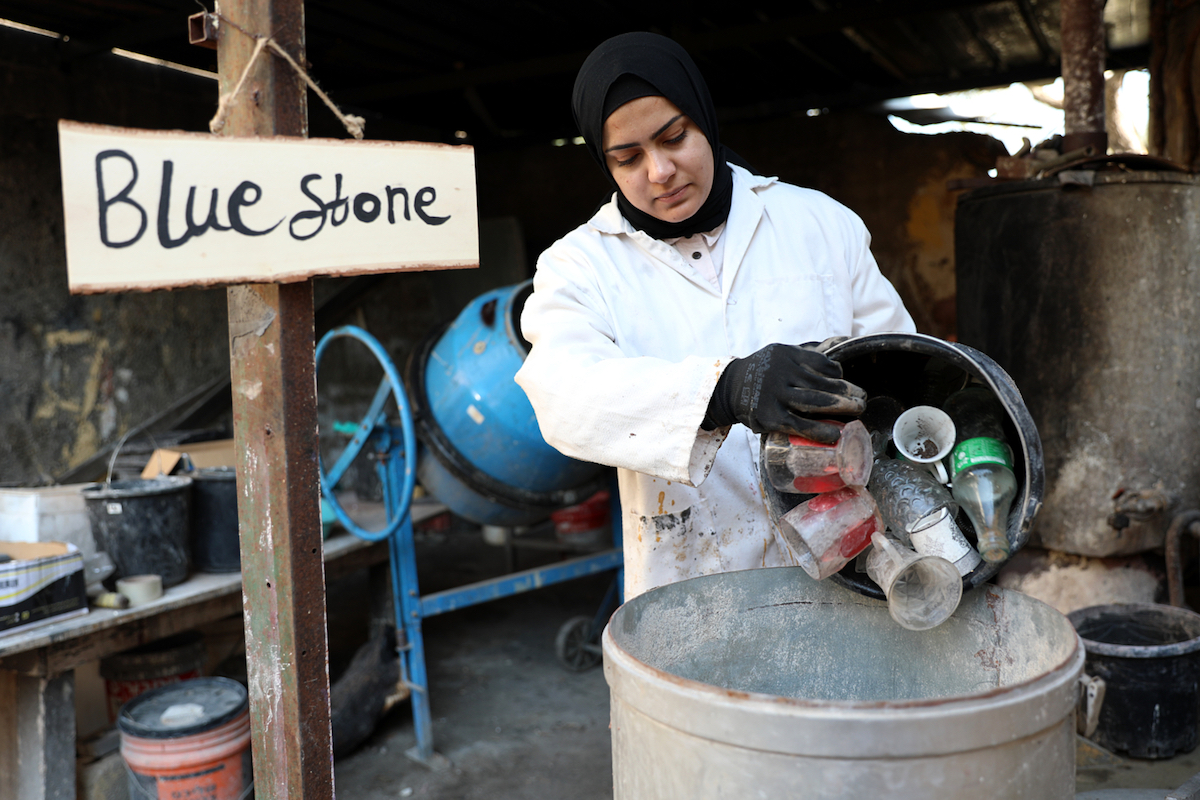
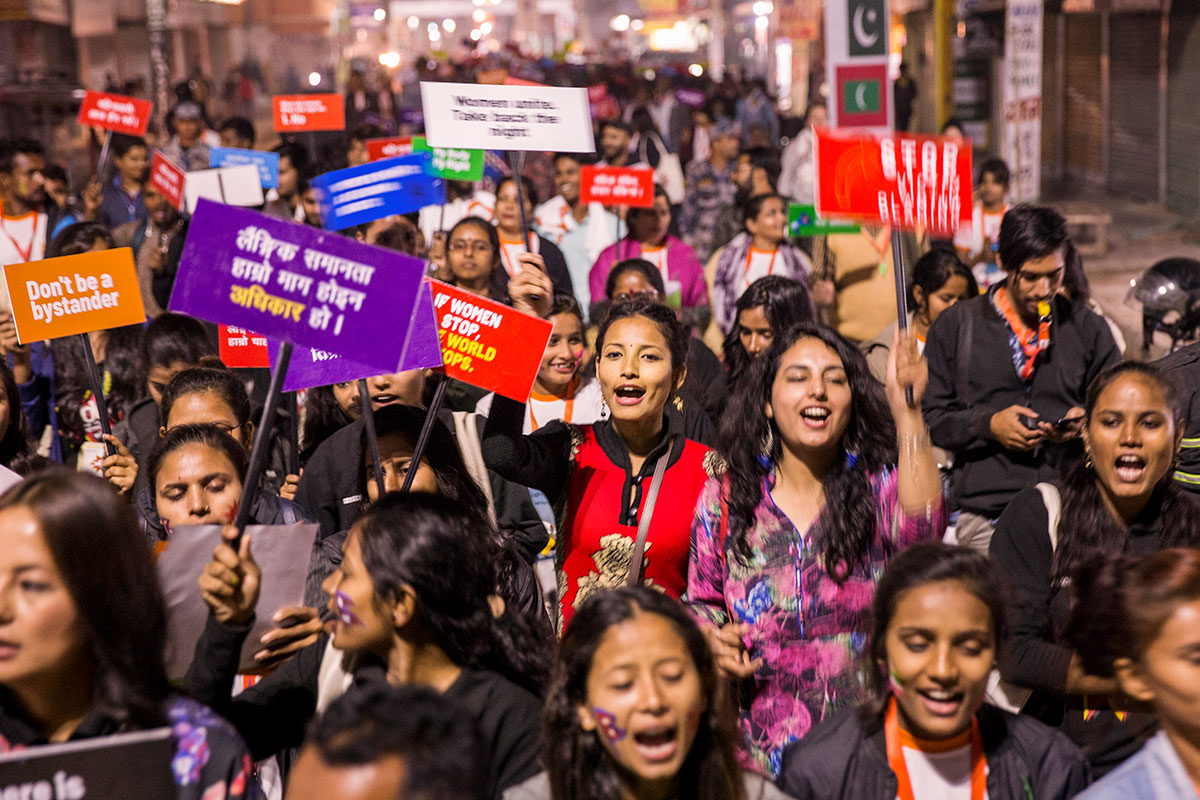
Investing in women is both an economic imperative and a human rights issue. It is a human rights issue because the global economic and financial systems are complicit in perpetuating gender inequality. At the same time, financial resources are required to overcome these challenges and build a world that enables all women to realize their rights. Investing in women enables women to thrive, which contributes to prosperity that can be measured in financial terms. Read more>
The High-level Generation Equality Africa Regional Meeting, hosted in Dar es Salaam, Tanzania, convened Ministries of Finance and Gender along with their technical teams from 21 African countries.
At this gathering, officials firmly committed to boosting financial support for gender equality, aligning with the goals of the Generation Equality commitments.
Emphasis was placed on the necessity to improve the implementation of gender equality action plans by embedding them comprehensively within national budgetary cycles. Read More>
To ensure that policies and their accompanied budgets do not perpetuate gender inequalities but contribute to a more equal society for all individuals, local self-governments in Serbia are progressively introducing gender-responsive budgeting (GRB) as a tool to meet the needs of women and improve social and economic well-being.
UN Women has been working closely with Serbia’s Ministry of Finance, the Coordination Body for Gender Equality, the Provincial Secretariat of Finance and cities and municipalities to introduce GRB since 2015. Serbia has been recognized as one of only six European countries that has successfully implemented this reform of public finances and established a system for monitoring investments in gender equality, as per the Sustainable Development Goal (SDG) 5c1 indicator requirements. Read more>
In 2023, UN Women supported the introduction of 17 new and innovative financing tools to strengthen capital markets and increase financing for gender equality and women’s empowerment. Since 2022, this has helped introduce 68 such tools, including Mexico's Sustainable Taxonomy. A global first, the taxonomy defines gender equality as a priority objective, ensuring that public financing supports investment in closing gender gaps.
The full result highlight is forthcoming.
The climate crisis is not gender neutral.
As its impacts worsen, women and girls are experiencing unique and disproportionate harm—with the fallout amplifying existing gender inequalities. Typically more dependent on natural resources and disproportionately responsible for securing food, water and fuel, women are highly vulnerable to environmental shocks. They face heightened exposure to gender-based violence in the wake of conflict and instability exacerbated by climate change, and they are less likely to survive disasters. At the same time, their access to life-saving resources and to key decision-making spaces remains severely limited. Read more>
In 2022, countries around the world spent USD 204 billion in overseas development assistance—of that sizable sum, only one-fifth of one percent was spent on reducing gender-based violence.
That’s according to “What Counts? The state of funding for the prevention of gender-based violence against women and girls”, a new report by the UN Women partners the Equality Institute and the Accelerator for GBV Prevention, working together under the Collective Commitment with the Generation Equality Action Coalition on GBV. Read more>
El Salvador: Investing in women Financing for gender equality in Africa Serbia: Gender-responsive budgeting Mexico: Sustainable taxonomy Palestine: Funding environmental businesses Aid spending towards EVAW
Investing in women is both an economic imperative and a human rights issue. It is a human rights issue because the global economic and financial systems are complicit in perpetuating gender inequality. At the same time, financial resources are required to overcome these challenges and build a world that enables all women to realize their rights. Investing in women enables women to thrive, which contributes to prosperity that can be measured in financial terms. Read more>
 level Generation Equality Africa Regional Meeting concludes with strong commitments on financing for gender equality image" />
level Generation Equality Africa Regional Meeting concludes with strong commitments on financing for gender equality image" />
The High-level Generation Equality Africa Regional Meeting, hosted in Dar es Salaam, Tanzania, convened Ministries of Finance and Gender along with their technical teams from 21 African countries.
At this gathering, officials firmly committed to boosting financial support for gender equality, aligning with the goals of the Generation Equality commitments.
Emphasis was placed on the necessity to improve the implementation of gender equality action plans by embedding them comprehensively within national budgetary cycles. Read More>

To ensure that policies and their accompanied budgets do not perpetuate gender inequalities but contribute to a more equal society for all individuals, local self-governments in Serbia are progressively introducing gender-responsive budgeting (GRB) as a tool to meet the needs of women and improve social and economic well-being.
UN Women has been working closely with Serbia’s Ministry of Finance, the Coordination Body for Gender Equality, the Provincial Secretariat of Finance and cities and municipalities to introduce GRB since 2015. Serbia has been recognized as one of only six European countries that has successfully implemented this reform of public finances and established a system for monitoring investments in gender equality, as per the Sustainable Development Goal (SDG) 5c1 indicator requirements. Read more>

In 2023, UN Women supported the introduction of 17 new and innovative financing tools to strengthen capital markets and increase financing for gender equality and women’s empowerment. Since 2022, this has helped introduce 68 such tools, including Mexico's Sustainable Taxonomy. A global first, the taxonomy defines gender equality as a priority objective, ensuring that public financing supports investment in closing gender gaps.
The full result highlight is forthcoming.

The climate crisis is not gender neutral.
As its impacts worsen, women and girls are experiencing unique and disproportionate harm—with the fallout amplifying existing gender inequalities. Typically more dependent on natural resources and disproportionately responsible for securing food, water and fuel, women are highly vulnerable to environmental shocks. They face heightened exposure to gender-based violence in the wake of conflict and instability exacerbated by climate change, and they are less likely to survive disasters. At the same time, their access to life-saving resources and to key decision-making spaces remains severely limited. Read more>

In 2022, countries around the world spent USD 204 billion in overseas development assistance—of that sizable sum, only one-fifth of one percent was spent on reducing gender-based violence.
That’s according to “What Counts? The state of funding for the prevention of gender-based violence against women and girls”, a new report by the UN Women partners the Equality Institute and the Accelerator for GBV Prevention, working together under the Collective Commitment with the Generation Equality Action Coalition on GBV. Read more>